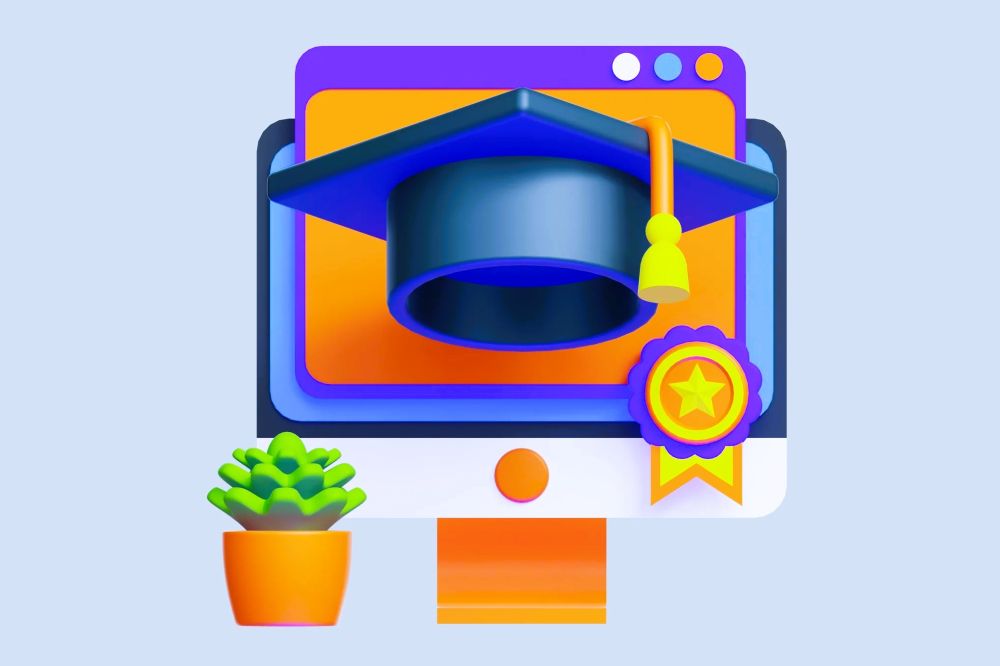213/25 Reinventing Universities for Today's World
Posted 3 months ago
Universities are no longer ivory towers reserved for scholars. Around the globe, higher education is being reimagined to respond to society's real needs, from climate change to mental health, from the rise of artificial intelligence to the demand for employable graduates. The world is asking universities to evolve, and countries like Pakistan cannot afford to lag.
The Big Shift
Historically, the traditional university model was built on producing knowledge for knowledge's sake. Today, however, success is measured by how effectively institutions prepare students for the workplace, contribute to the economy, and solve pressing societal challenges.
Several forces are driving this shift:
- Technology, especially artificial intelligence, is disrupting how we learn and work.
- Economic pressures demand that universities produce graduates who can thrive beyond academia.
- Social expectations push institutions to focus on well-being, diversity, and inclusivity.
For Pakistan, a country with one of the world's youngest populations, these changes present both a challenge and an opportunity.
Technology as a Classroom Partner
In leading universities worldwide, AI is no longer treated as a threat but as a tool. Medical students now train with virtual "AI patients" that simulate real-life illnesses. Imagine if Pakistani medical schools adopted similar models: young doctors could gain experience diagnosing thousands of virtual cases before seeing their first patient. This would enhance confidence and reduce the risks in overstretched hospitals.
For a country where healthcare gaps remain a serious concern, such innovations could be a game-changer.
From Lab to Market
Another global trend is helping universities transform research into businesses. Instead of discoveries collecting dust in academic journals, universities are linking researchers with investors and industry partners. Start-ups born on campuses are addressing everything from renewable energy to sign-language translation.
In Pakistan, where unemployment among graduates is rising, bridging the gap between research and markets could spark a wave of student-led entrepreneurship. With the right ecosystem, universities could become hubs of innovation that directly fuel the national economy.
Creativity Beyond the Classroom
Traditionally, science education has emphasized memorization over imagination. However, new initiatives abroad are blending arts and sciences to encourage creativity. Physics students design hands-on projects that make complex concepts accessible to the public.
This model holds potential for Pakistan, where rigid curricula often stifle innovative thinking. Encouraging cross-disciplinary projects could cultivate a generation of problem-solvers rather than rote learners — exactly what industries and communities need.
Mental Health and Well-Being
A quieter but equally urgent revolution is happening around student well-being. In many countries, rising rates of depression and suicide have forced universities to make mental health support a top priority. Successful models involve students themselves leading wellness programs from yoga to peer counseling.
For Pakistan, where cultural stigma often keeps mental health in the shadows, empowering students to take ownership of wellness could be transformative. Universities here must not only impart knowledge but also nurture resilience and belonging.
The Power of Inclusion
Finally, universities worldwide are confronting their colonial legacies and questioning whether their teaching philosophies truly serve all students. There's a growing emphasis on making higher education inclusive, especially for women and people with disabilities.
In Pakistan, where gender gaps and accessibility barriers persist, decolonizing curricula and investing in inclusive infrastructure would send a strong message: universities are for everyone, not just the privileged few.
A Call for Reinvention
The world is reinventing universities, and Pakistan and other developing countries must join this movement. Our institutions cannot remain locked in outdated systems while students graduate into an unprepared future. Embracing technology, linking research to industry, prioritizing creativity, safeguarding mental health, and promoting inclusivity are not optional reforms; they are survival strategies.
The future of Pakistan's universities will determine the future of Pakistan itself. The question is whether we will seize this moment to reimagine education or watch the world advance without us.





